Dog breeders often talk about having a vet who “specializes in reproduction.” Well, the truth is your vet probably doesn’t specialize in reproduction, even if you think they do. They may offer some reproductive services, but if they don’t have “DACT” after their name, they are not a specialist. (DACT stands for Diplomate of the American College of Theriogenologists).
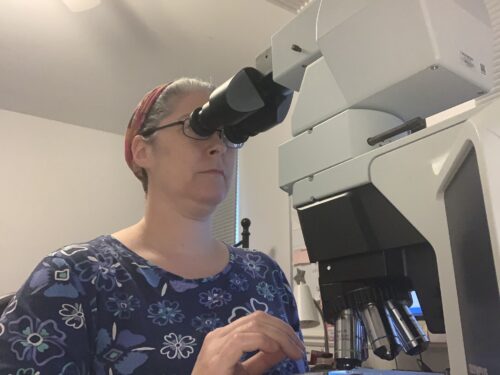
Emily Meseck, DVM, DACVP, DABT, a classmate of Dr. Christensen, is double board-certified as a pathologist and toxicologist and works for Novartis Pharmaceuticals Corporation as part of their team focusing on development of treatments and cures for animal diseases and other health conditions.
Those words, “specialize,” “specialist,” and “expert,” have very specific meanings defined by state and federal laws. Legally, a veterinarian can only claim to “specialize” or be “an expert” in something if she or he has completed a rigorous, training program approved by the American Board of Veterinary Specialists which involves years of clinical work under the supervision of experienced experts. The programs are filled with study, research, scientific publications, clinical case management, and other requirements, followed by a difficult examination. Only after successful completion of such a program and passing the examination can a veterinarian claim to be a “specialist.”
Many veterinary specialities have human medical equivalents. Some of these focus on specific body systems; veterinarians can specialize in cardiology, endocrinology, dermatology, ophthalmology, neurology, nephrology & urology, dentistry, and theriogenology, which is my specialty and is essentially obstetrics/gynecology/urology. Other veterinary specialities with human medical equivalents focus on medical techniques like anesthesia, surgery, radiology, emergency & critical care, oncology, pharmacology, behavior, pathology, and even sports medicine. Many people are surprised to learn that veterinarians can specialize in so many of these areas that we take for granted in human medicine.
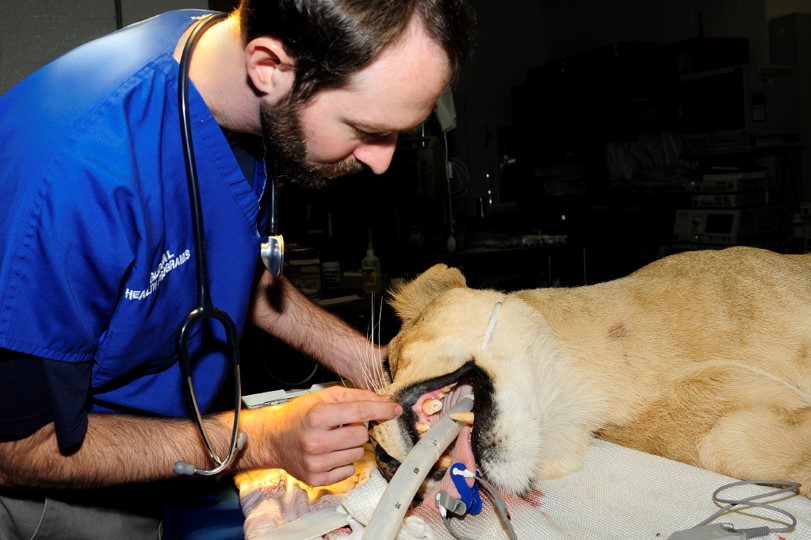
John Sykes, DVM, DACZV, a classmate of Dr. Christensen, is a board-certified zoo vet and is the Chief of Medical Services at the Wildlife Conservation Society (the Bronx Zoo). Dr. Sykes treats tarantulas, giraffes, and everything in between. You may have seen Dr. Sykes as the charismatic star of the show THE ZOO: Vet Life.
Dr. Christensen performs an endometrial biopsy on an African Painted Dog while Dr. Sykes monitors anesthesia and assists with the procedure.
When people find out that I am a veterinarian, the follow-up question is what kind of vet am I? And by that, they almost always want to know what kind of animals I treat. They often will ask what kind of animals I “specialize in.” Most vets do not actually specialize in a specific species, but some do and there are opportunities to specialize in medicine focusing on reptiles, dogs, cats, horses, fish, beef cattle, dairy cattle, pigs, poultry, exotic pets, and zoo animals. And similarly, a vet shouldn’t say that they “specialize” in any one species if they haven’t achieved any of these specific certifications. They should just say that they “treat horses,” etc.
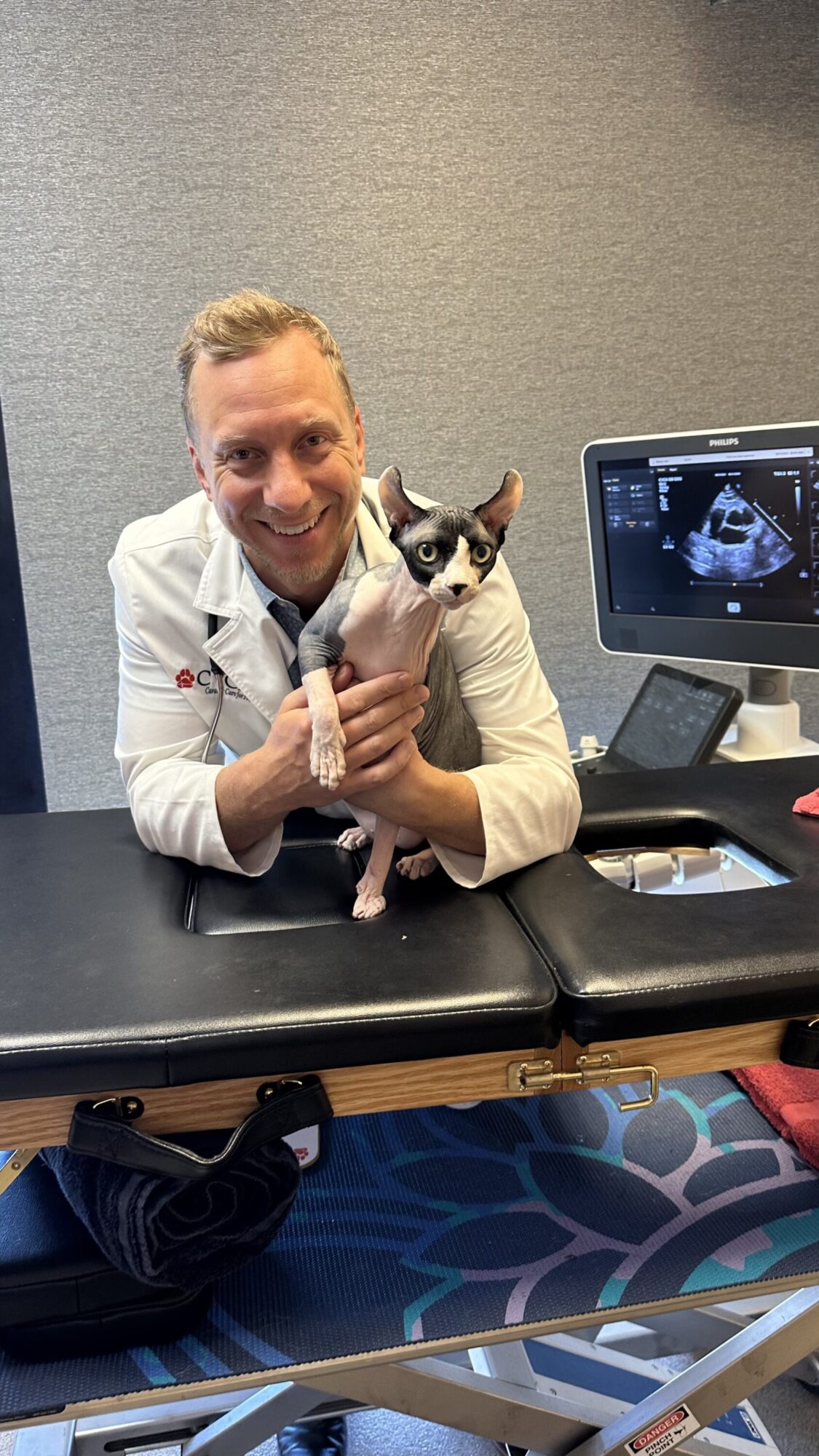
Brett Boorstin, DVM, DACVIM (cardiology) is a board-certified cardiologist who works with Chesapeake Veterinary Cardiac Associates (CVCA) in Southern California. He has a special interest in giant breed cardiomyopathies and has worked closely with the Irish Wolfhound Foundation and the Great Dane Club of America. Dr. Boorstin visits Kokopelli Veterinary Center periodically to perform cardiac OFA examinations.
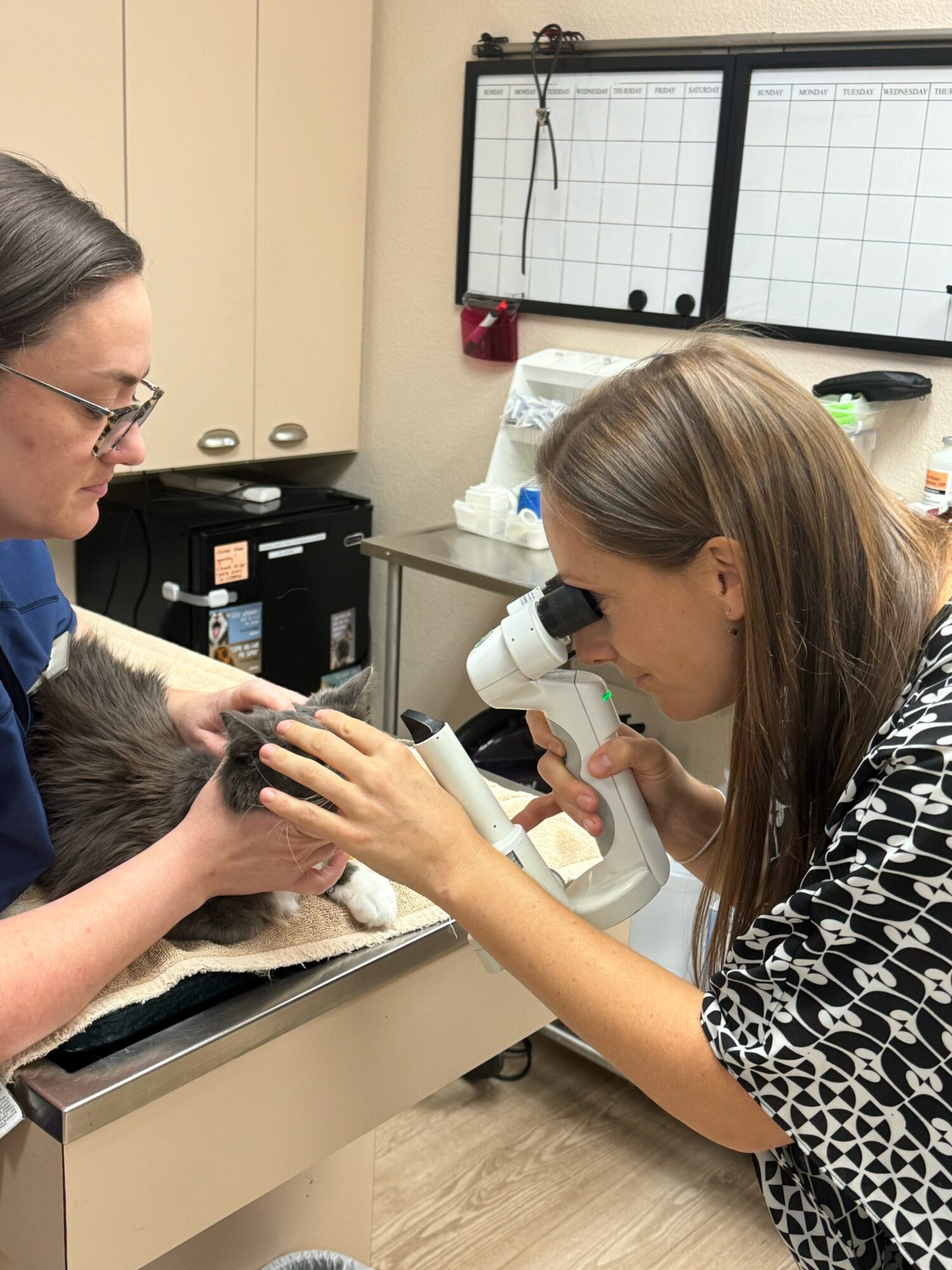
Sydney Edwards, DVM, DACVO is a board-certified ophthalmologist who owns the Animal Eye Center in Rocklin, California and is known for her work on ocular cancers, cataracts, and glaucoma. Dr. Edwards frequently comes to Kokopelli Veterinary Center to perform OFA eye exams.
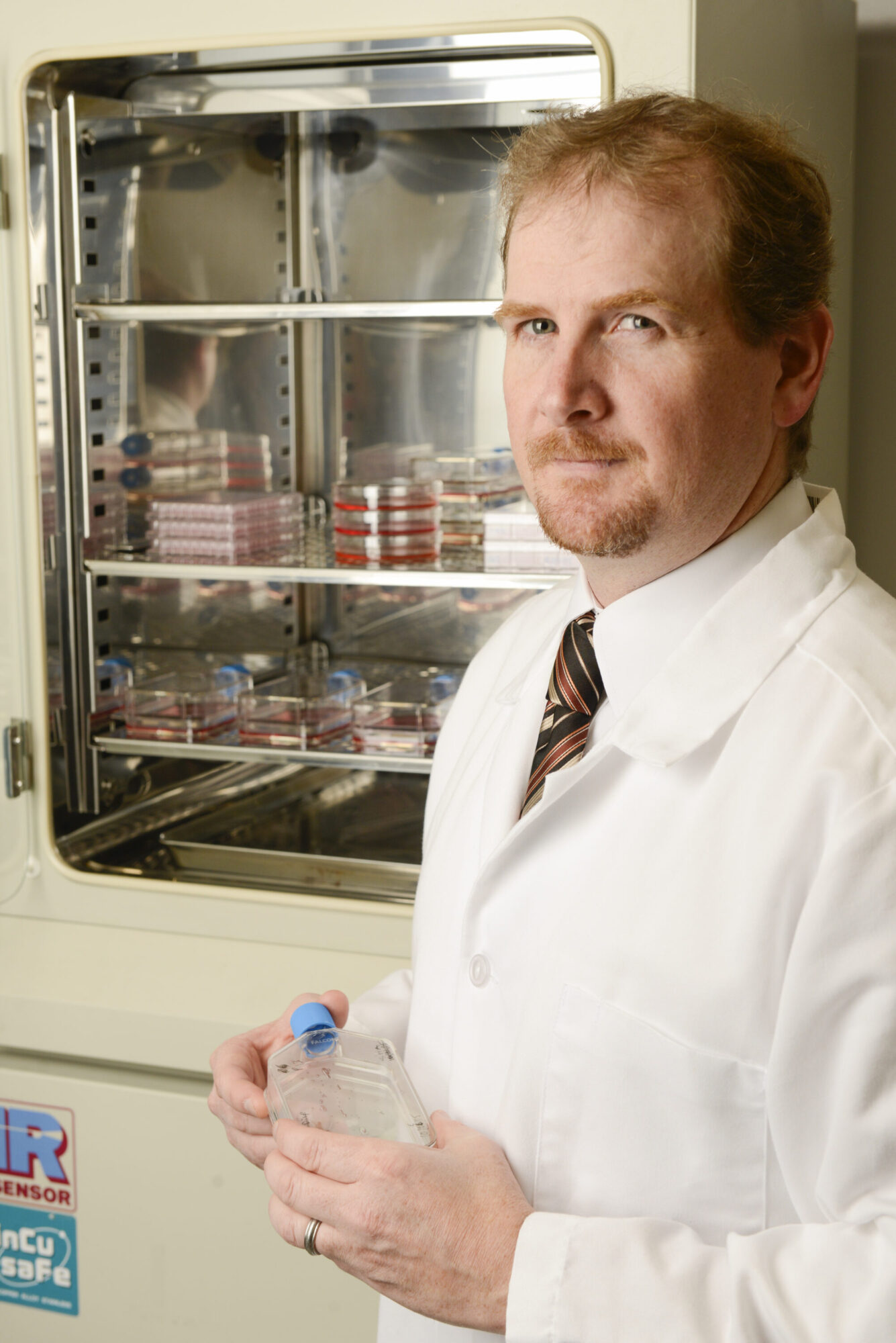
Robert Rebhun, DVM, PhD, DACVIM (oncology), is a classmate of Dr. Christensen and is a board-certified oncologist and works as a professor at the University of California, Davis. Dr. Rebhun has published hundreds of research articles and book chapters on cancer biology and treatment in animals.
Different from human medicine, a veterinarian is not required to specialize in a specific area. They are not required to complete extra training after veterinary school (internships and residencies). Most vets don’t. Most vets decide that they want to offer general, broad services and go right to work after graduating from veterinary school. They become “general practitioners” and perform the important services most animal owners need most of the time: wellness, preventative medicine, and first-line medical and surgical treatments. They are like a human family practitioner. Some of these general practitioners have a “special interest in” some specialty field and take it on as a professional hobby, of sorts, and can become good at that area of medicine. I personally have colleagues who have a special interest in surgery, dermatology, behavior, dentistry, and theriogenology. They gain a reputation for their skills, honed by experience. But their interest is mostly self-taught and not certified or regulated by any governing board.
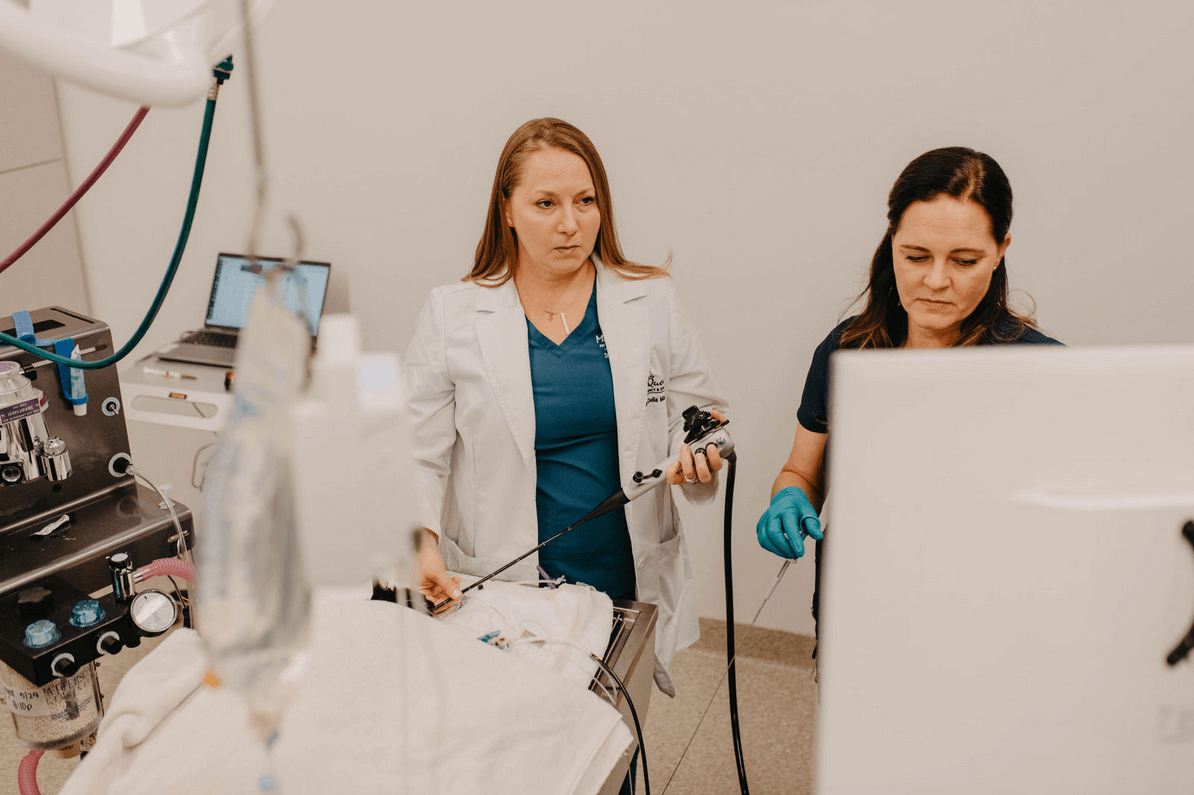
Ann Della Maggiore, DVM, DACVIM, is a board-certified internal medicine specialist at MarQueen Pet Emergency & Specialty, with expertise in small animal endocrinology, infectious and immune-mediated diseases, and has taught and lectured internationally.
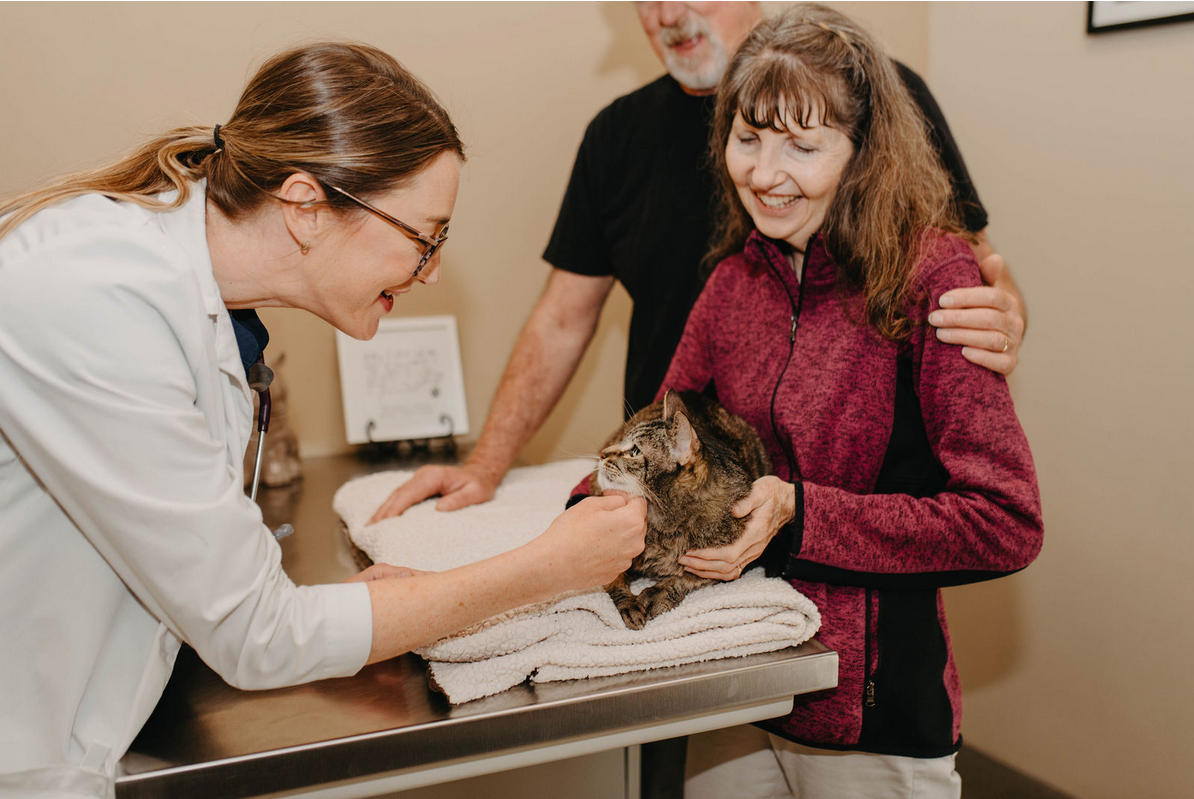
Erica Moore, DVM, DACVIM, is a board-certified veterinary oncologist at MarQueen Pet Emergency & Specialty. Dr. Moore is dedicated to helping pets with cancer live their best lives by providing individualized, compassionate care that focuses on both effective treatment and quality of life.
All veterinarians are first and foremost inspired by a love of animals and a desire to help them. General practitioners find professional joy and fulfillment in seeing a broad scope of cases and enjoy the variety of what might walk through the door next, as well as the accompanying relationships they forge caring for the same animals for years. Veterinary specialists, in addition to loving animals in general, find an added fascination and love for a specific area of medicine. They might become enamored with how an eye can transform light into mental images and they become an ophthalmologist. They might be captured by how the never-resting heart keeps the entire body functioning and become a cardiologist. Or maybe they have experienced loss of a loved one (two-legged or four-legged) to cancer and decide to devote their career as an oncologist. In my case, I became enthralled with the creation of life and became a theriogenologist. In all cases, before a veterinarian can call themselves an expert or a specialist, they must spend years of intense, supervised training and then pass the most difficult exam they have ever taken. And then, usually forevermore after that, they devote all of their professional time to that specific area of medicine and accumulate more and more experience and expertise as the years pass. For more on specialization, the AVMA has some great information.
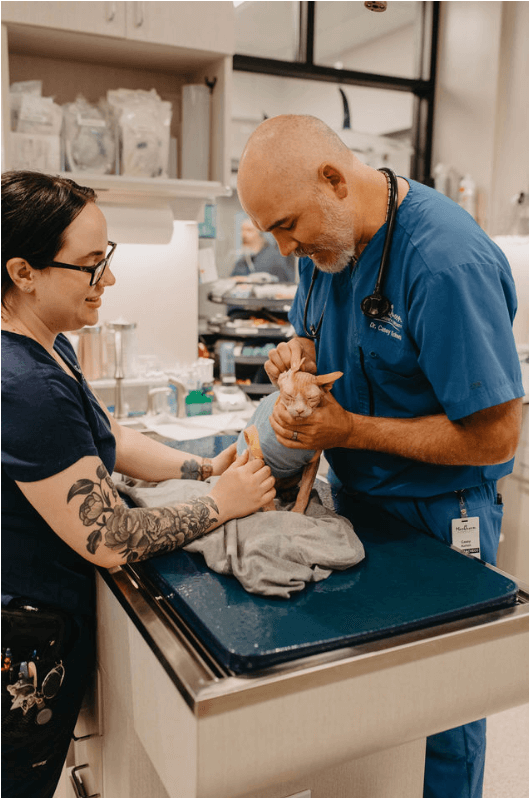
Casey Kohen, DVM, DACVECC, is a board-certified emergency and critical care specialist at MarQueen Pet Emergency & Specialty. A UC Davis Veterinary School graduate, Dr. Kohen is passionate about providing exceptional care to critically ill and injured patients, with expertise in fluid therapy, respiratory emergencies, and cardiopulmonary resuscitation.
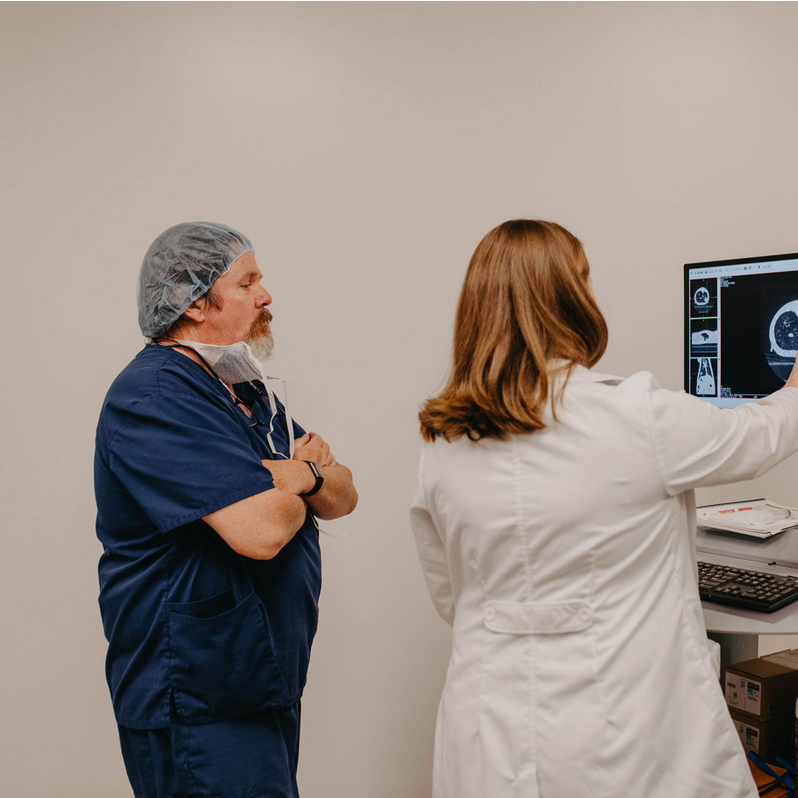
Peter Walsh, DVM, DACVS, MVSc, is a board-certified veterinary surgeon at MarQueen Pet Emergency & Specialty. With expertise in surgical oncology and reconstructive surgery, Dr. Walsh is renowned for his work in limb-sparing procedures for dogs with bone tumors and his compassionate care for all his patients.
Recently an article in Today’s Veterinary Business featured vignettes about 12 veterinary specialists in different fields, including me as a representative of theriogenologists. The article starts on page 40 and I’m on page 48. I’m grateful every day I go to work for the interesting job that I have, the beautiful, fantastic animals I see as patients, and their dedicated, loving, crazy breeder/owners. Thank you for all you do to support the breeding of healthy animals and trusting me (and other specialists like me) with your animals.
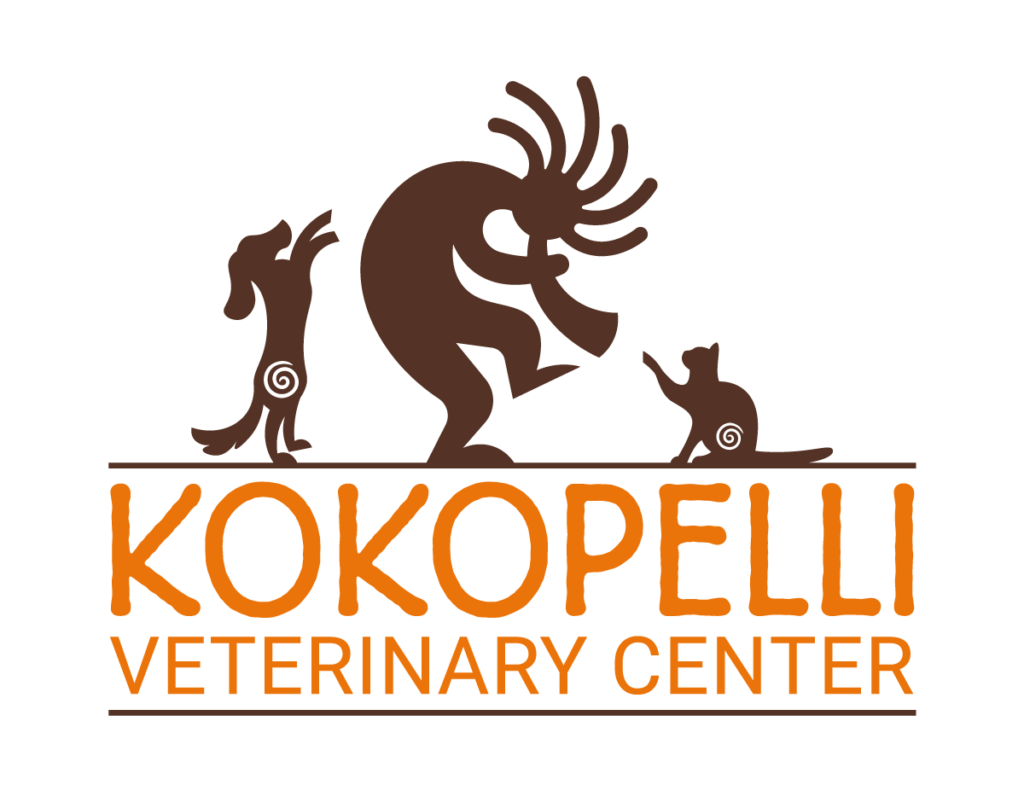
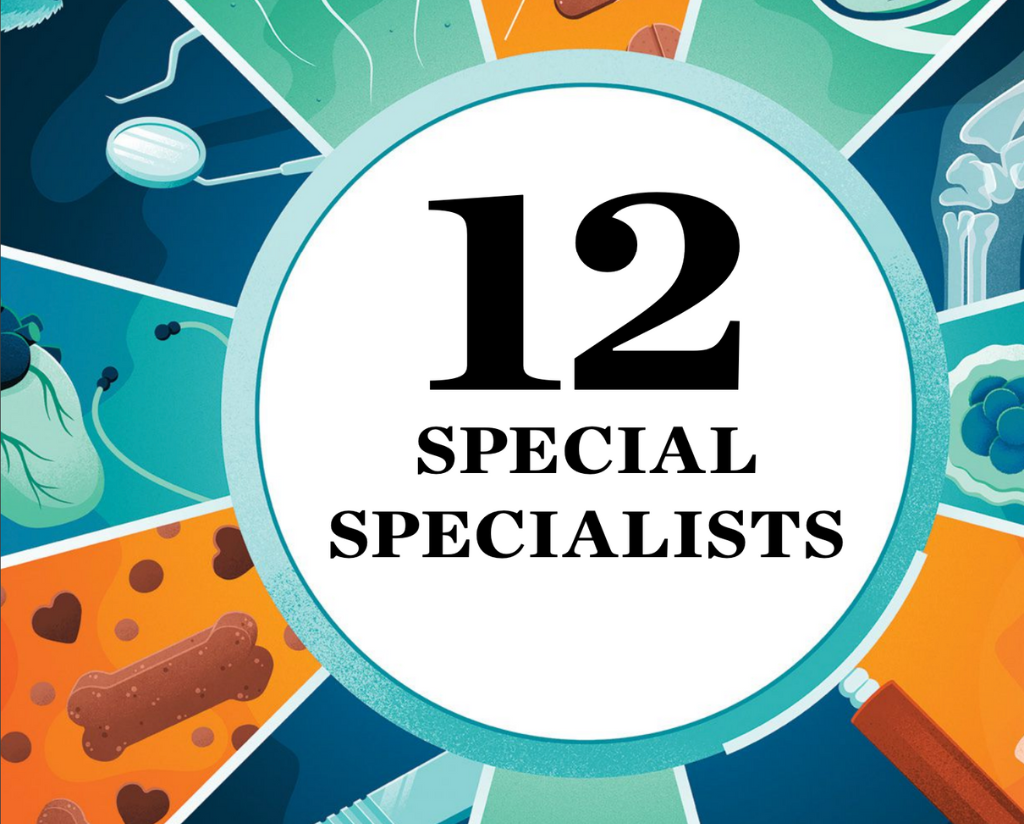
5 Comments. Leave new
Great Idea to define and clarify your vet specialty! Some vets perpetuate the confusion, l feel, by saying they “specalize,” when in fact it is simply their interest, as you say.
I am wondering .. as we have no Vet Repro here in the area of Columbia, SC ..
Why might a 4yo spayed bitch drip blood from her vulvar area? One year ago she was spayed bc she had an endless heat cycle, 26days and counting, two cycles in a row! A beautiful AK MALAMUTE we had hoped to breed. Friend of Wendy Corr.
Our local vet ruled out uti. He recently started Winter on abx bc he knew not what else to do. Might we be missing something? Our nearest repro vet is in NC, hours from us.
Pls advise, Dr C, as you are able. We do not wish to miss something serious on Winter — A most precious doll baby 🙂
Ty,
KC Criddle
Consider looking for ovarian remnant with LH assay, AMH assay, or vaginal cytology.
I would consider an ovarian remnant as a possible cause, which could be diagnosed with an LH assay, AMH assay, or vaginal cytology.
As usual, I didn’t know that I didn’t know!
And where at you logic?